


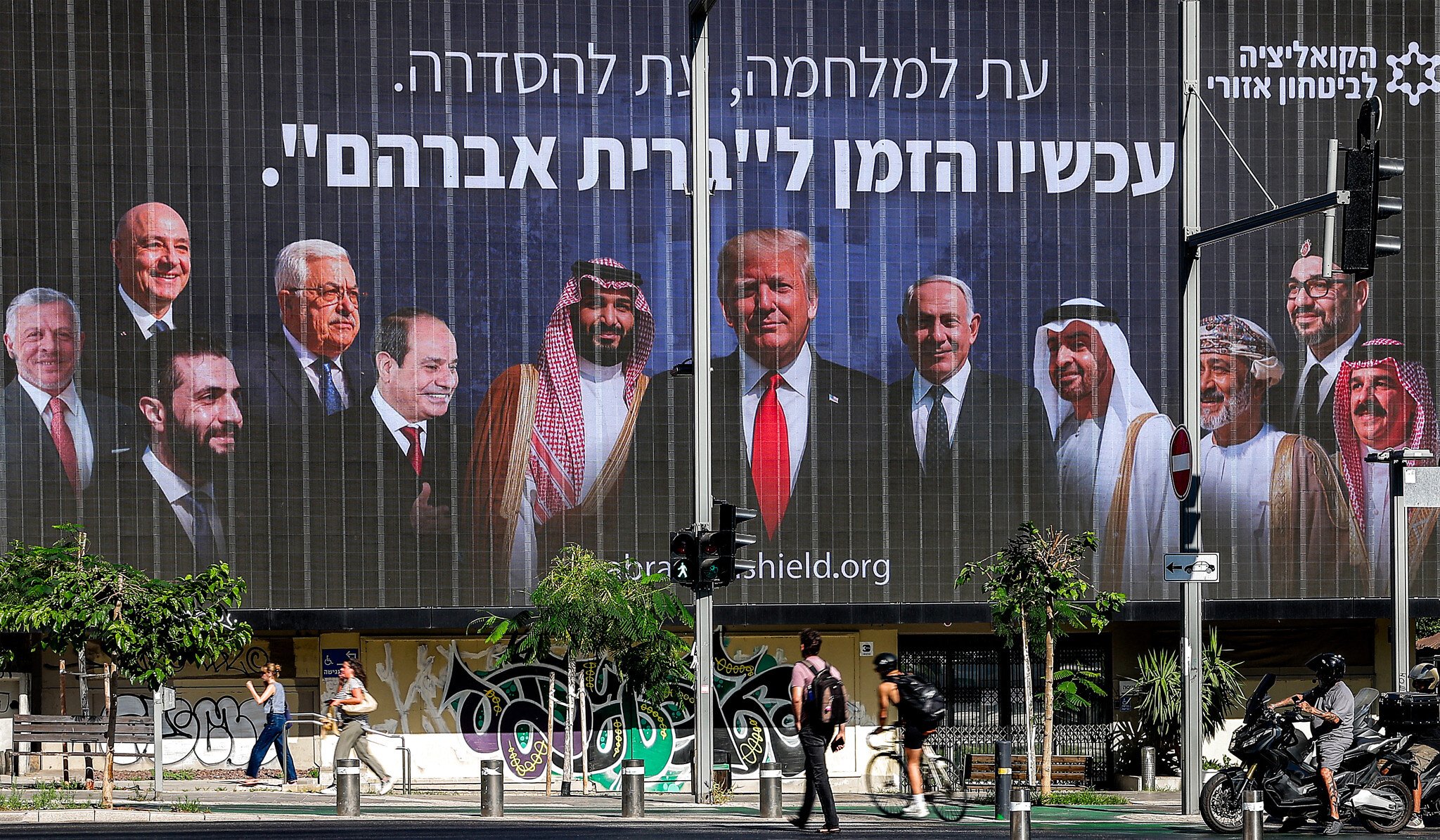
Israel and Syria are holding “advanced talks” on a bilateral agreement halting hostilities between the countries, a senior Israeli official told The Times of Israel on Monday.
The contacts are focused on coordination around security matters, said the official, who would not speculate on when a full peace deal between the two enemy states could turn into reality.
“Could it develop into something beyond [security arrangements]?” the official asked. “We will wait and see. For now, there isn’t anything concrete.”
“There is absolutely an aspiration to expand the Abraham Accords, and it’s no secret that we want to see Syria in this,” the official continued.
“And there may be an opportunity.”
The neighboring states have been opposing sides of conflict in the Middle East for decades, including direct and often bitter combat from the 1948 War of Independence through the 1982 First Lebanon War.

However, Bashar al-Assad, Syria’s Iran-backed dictator, fled the country in December, and the new Islamist rulers in Damascus are eager to present a moderate face to the West.
Syrian officials sent out feelers to Israel in April through several European countries, including Switzerland, a European diplomat told The Times of Israel. However, the US has taken the lead on mediation.
Israel initially adopted a belligerent stance toward the new Syrian regime. In recent weeks, however, the rhetoric has changed amid US efforts to usher in a deal between the countries.
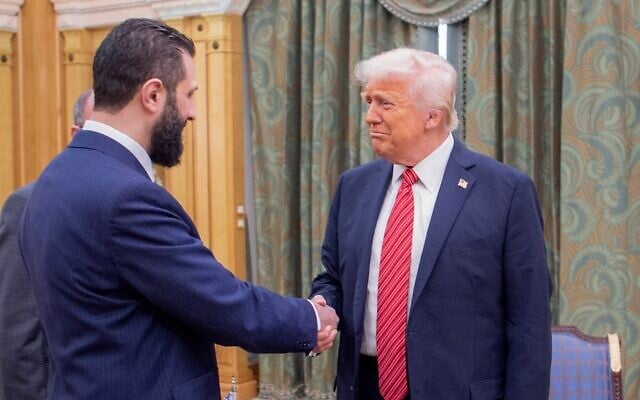
Talks are being led on the Israeli side by National Security Adviser Tzachi Hanegbi, Israeli officials said. Hanegbi confirmed last week that Israel and the Syrian regime are in daily direct contact and are discussing the possibility of normalization.
Also Monday, Foreign Minister Gideon Sa’ar said that in any potential peace agreement with Syria, “the Golan Heights will remain part of the State of Israel.”
Israel captured the strategic plateau from Syria in 1967, and passed a law effectively annexing the Golan Heights in 1981.
Sa’ar said in the press conference that Israel sees Lebanon, another neighbor officially in a state of war with the Jewish state, as a candidate for normalization as well.
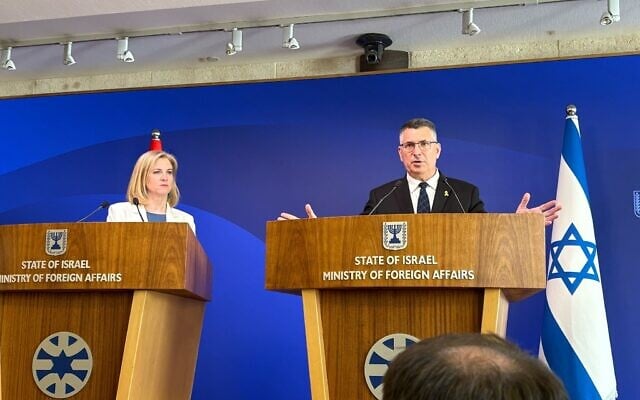
Israeli officials initially branded Syria’s new rulers “terrorists” due to their al-Qaeda-linked past, and the Israeli Air Force waged a fierce campaign of aerial bombardment on what it said were military targets across the country. The hostilities have subsided since mid-May, when US President Donald Trump turned decades of American policy on its head by lifting sanctions on Syria and meeting President Ahmed al-Sharaa in Riyadh.
Though there has been a string of reports indicating Syrian eagerness to establish diplomatic ties with Israel, unnamed Syrian sources told the Lebanese outlet Al-Akhbar on Monday that there was no firm consensus within the Syrian regime regarding recently intensified US-mediated peace talks.
According to the sources, contrary to claims by international envoys that Sharaa has “welcomed” the idea of ties with Israel, the ongoing discussions “indicate that such a step does not enjoy genuine consensus, even within the team loyal to Sharaa.”
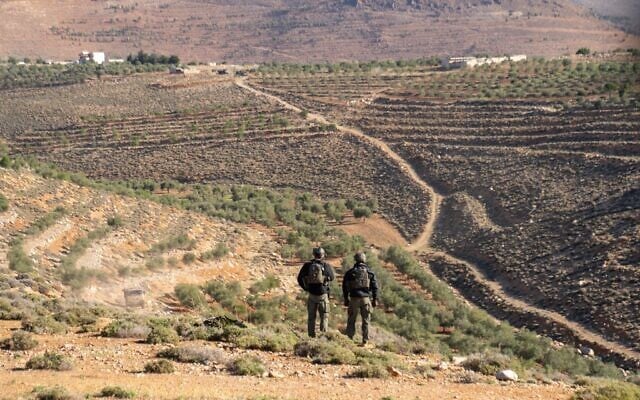
Instead, figures close to Sharaa are urging American mediators to consider a more limited agreement — one that would declare an end to hostilities with Israel without progressing toward full peace.
The resistance to a peace deal stems primarily from two factors, the sources said. First, the regime would face difficulty justifying such an agreement while the war in Gaza continues and amid widespread Arab condemnation of Israeli military actions. Second, pro-Turkish elements within Sharaa’s inner circle fear that normalization would place Syria under significant Israeli and Saudi influence, marginalizing Ankara’s role in the region.
In a separate report suggesting greater openness in the ongoing talks, the Lebanese news channel LBCI said that Syria was not demanding the return of the Golan Heights in any potential peace agreement. Damascus is instead seeking Israeli recognition of the new regime, a withdrawal from areas held by the Israel Defense Forces in southern Syria since January, defined security arrangements in the south, and US support, the precise nature of which remains unclear.
In addition to demanding that Syrian forces stay out of southern Syria, Israel has vowed to protect the Syrian Druze community, with the IDF striking targets in the country as a “warning” to the new regime. The IDF also opened a temporary medical facility in southern Syria to treat wounded Druze after more than 30 injured were evacuated to Israeli hospitals.
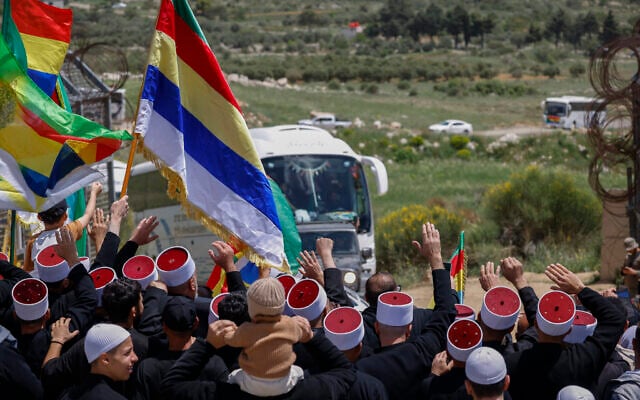
Syria has not brought up the issue of the Golan Heights in negotiations with Israel, a Syrian official told the Kan public broadcaster on Sunday, with its main concern being the withdrawal of IDF troops from the buffer zone created in the south of the country following the Assad regime’s collapse.
The official said that “the contact between Israel and Syria could be very meaningful,” and that the current government in Damascus is “opposed to Iran and its proxy terror groups, Hezbollah and Hamas.”
“The issue of the Golan hasn’t even come up yet in the discussions. It is still early. But the Americans are a key factor here,” the official said.
The buffer zone refers to a defined, UN-patrolled area that was intended to keep Israeli and Syrian forces apart, which Israel took control of after forces loyal to Assad’s government abandoned their positions before rebel groups reached Damascus in December.
The United Nations considers Israel’s takeover of the buffer zone a violation of the 1974 disengagement accord between Israel and Syria. Israel says the accord had fallen apart since one of the sides was no longer in a position to implement it, and that the takeover was a defensive move to protect the country from potential hostile forces that could have exploited the power vacuum.
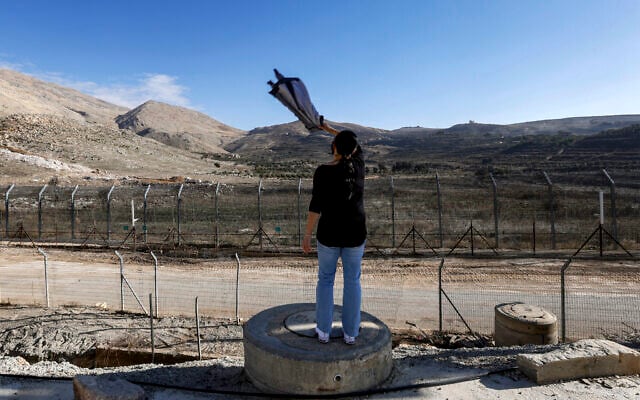
Top security officials told judges presiding over Prime Minister Benjamin Netanyahu’s trial in a closed-door meeting Sunday that there was an opportunity to change the face of the Middle East and for Israel to expand its circle of peace, including with Syria, the Kan public broadcaster reported.
The heads of IDF Military Intelligence, and of the Mossad were present in the hearing, both of whom explained to the judges why it was necessary to postpone the premier’s scheduled days of testimony this week.
In an interview with Fox News on Sunday, Trump appeared to echo Netanyahu’s optimism regarding expanded possibilities in the region, insisting more countries would make peace with Israel as a result of the US and Israeli campaign against Iran.
“We have some really great countries in there right now,” he said, “and I think we’re going to start loading them up because Iran was the primary problem. I actually thought Iran would… we had a period of time where I thought Iran would join the Abraham Accords along with everybody else.”
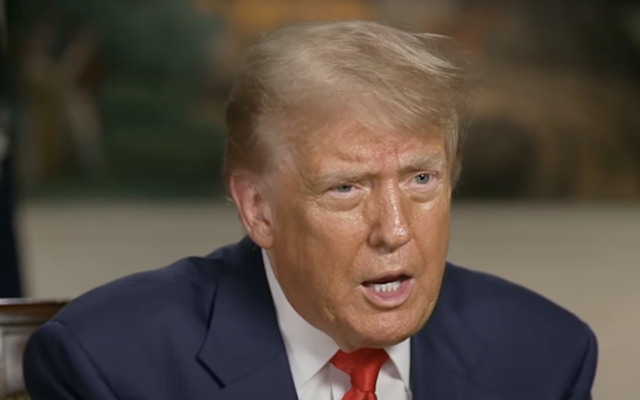
Abraham Cooper, an American rabbi who held talks this month with Sharaa, told Kan news that, with Trump’s help, a meeting between Netanyahu and the new Syrian president was possible.
“If Trump signals that he is going to stay involved and tells Sharaa, I am going to help rehabilitate your country, then anything is possible. Without that, it will go slowly, step by step,” Cooper said.
Nava Freiberg contributed to this report.
